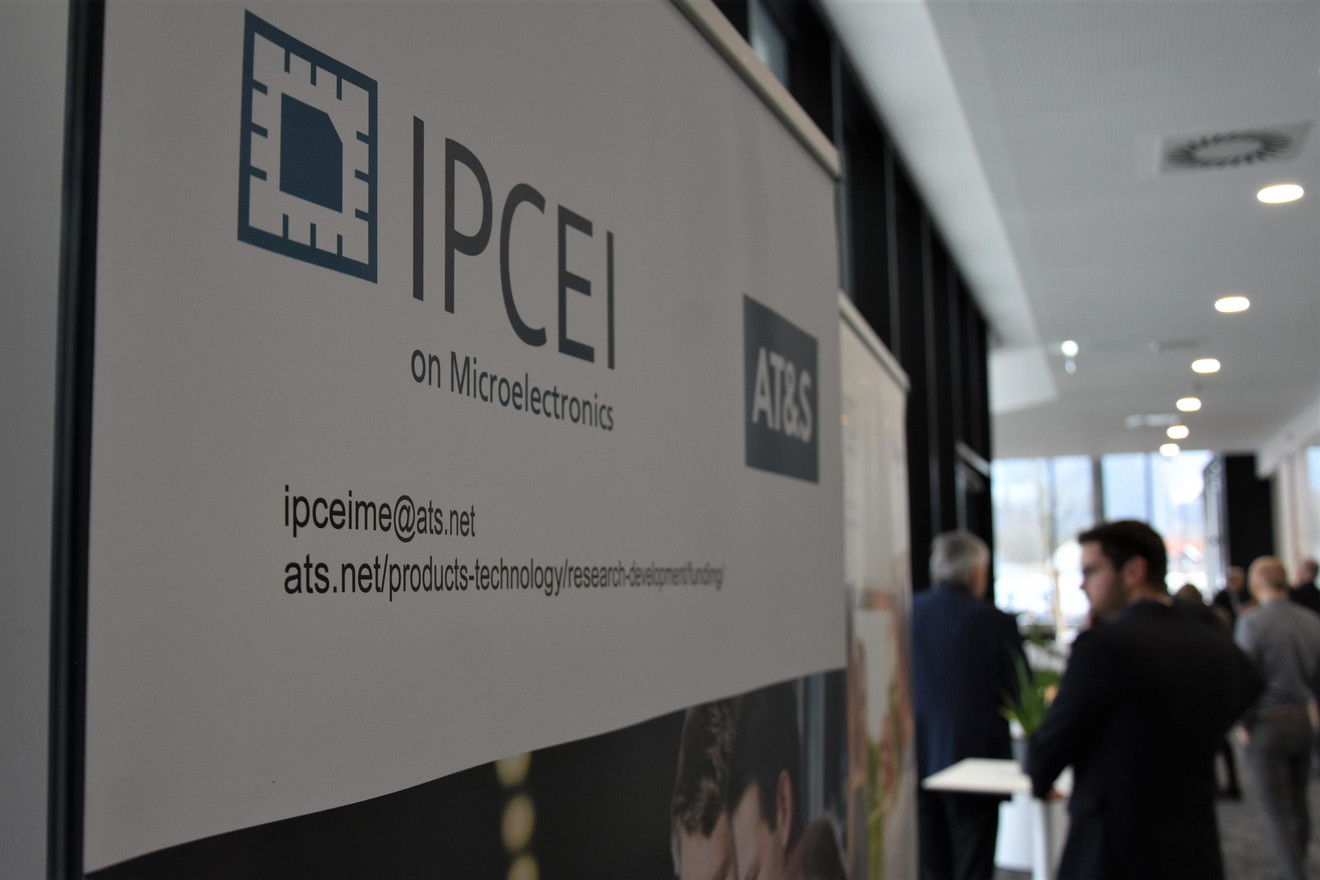The Austrian IPCEI day, organized in cooperation between AT&S and ESBS-Austria, took place on January 25 at AT&S in Leoben attracting about 65 participants to learn more about IPCEIs.
What does IPCEI mean? These are "Important Projects of Common European Interest", EU programmes to strengthen strategic value chains, transnational cooperation and the promotion of research, development and innovation. Selected European companies can participate and are supported with state subsidies, therefore the respective nation state must also participate in the initiative.
"Unfortunately, the general public is not aware of how strong and large the ESBS industry is in Austria," ESBS-Austria Chairman Stefan Rohringer said in his opening remarks to the Austrian IPCEI day. "There is still a lot to do in Europe, a lot to do in our network." The basic tenor: Europe must position itself much more strongly in semiconductors in order to maintain competitiveness, because Asia and the US are investing massively. IPCEI Microelectronic and the European Chips Act are therefore fundamentally important instruments for these efforts. Particularly at the European level, however, the emphasis is still lacking, and processes are far too slow and bureaucratic, was the criticism. AT&S's head of R&D Hannes Voraberger as host and experts from many areas took part, while Falko Loher from the Ministry reported on the coordination of the IPCEI processes. Regarding the European Chips ACT, Michael Wiesmüller, Federal Ministry for Climate Action, Environment, Energy, Mobility, Innovation and Technology (BMK), informed about Pillar 1: Chips for EU Initiative and Thomas Saghi, Federal Ministry of Labour and Economy (BMAW) updated about Pillar 2: Framework for supply security. Representing all participants from Infineon, NXP and other important companies and institutions, Christina Hirschl from Silicon Austria Labs (SAL) summarised: "It's not easy, but it can be done."
Further information: https://www.ipcei-me.eu/
Presentations for download here (pls log-in or register first)









